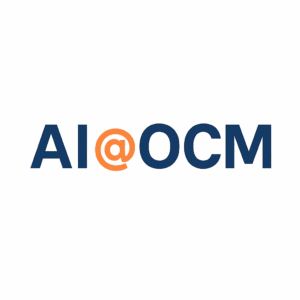In the dynamic landscape of modern business, organizations often find themselves facing new challenges that demand innovative solutions. Yet, a common pitfall is the reliance on outdated strategies and solutions—tools and methods that were effective in the past but are now obsolete in addressing the complexities of today’s business environment. This blog post delves into how Organizational Change Management (OCM) serves as a crucial strategy in helping organizations break free from the cycle of applying yesterday’s solutions to today’s problems, thereby fostering a culture of continuous innovation and adaptability.
The Shortcomings of Relying on Past Solutions
The business world is characterized by rapid technological advancements, evolving market trends, and changing consumer behaviors. In such a context, relying on past solutions can significantly hinder an organization’s ability to stay competitive and responsive. This section will explore the limitations of applying outdated strategies to current challenges, highlighting the importance of innovative thinking and adaptability in today’s business landscape.
The Essence of Organizational Change Management
Organizational Change Management is a strategic approach focused on the human aspect of change within a business. It aims to ensure a smooth transition during change processes by preparing, supporting, and helping individuals and teams adapt to new ways of working. This part will introduce the concept of OCM, outlining its importance in navigating the complexities of modern business challenges and ensuring sustainable organizational growth.
Embracing Uncertainty: The Gateway to Innovation
One of the fundamental principles of OCM is the recognition of uncertainty not as a threat, but as an opportunity for growth and innovation. This section will discuss how OCM encourages organizations to embrace uncertainty, fostering a culture of flexibility, creativity, and resilience. By viewing uncertainty as a catalyst for exploration and experimentation, organizations can uncover innovative solutions that propel them forward.
From Mindlessness to Mindfulness: The Power of Being Present
In an environment where assumptions and complacency prevail, there is a significant risk of stagnation. This part of the blog will explore how assuming to know everything fosters a culture of mindlessness, hindering innovation and critical thinking. It will delve into how OCM promotes mindfulness, encouraging employees to remain open and attentive to the present moment, thereby fostering a culture of continuous learning and adaptability.
Implementing OCM for Future-Ready Organizations
Successful implementation of OCM requires a strategic approach that addresses the unique needs and dynamics of an organization. This section will outline key practices for implementing effective OCM, including communication, training and support, leadership engagement, and stakeholder involvement. It will provide actionable insights on how organizations can leverage OCM to navigate change successfully, ensuring they are well-positioned to meet the challenges of today and tomorrow.






